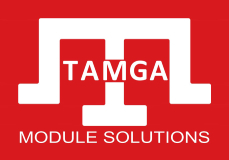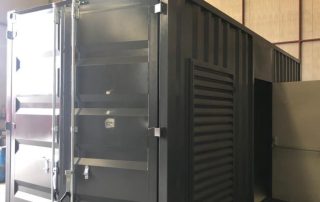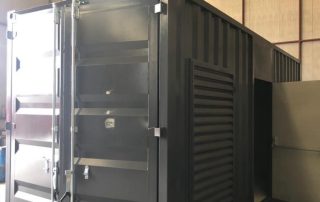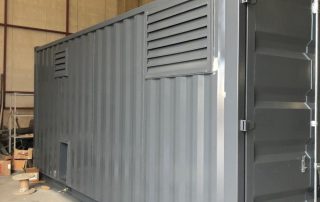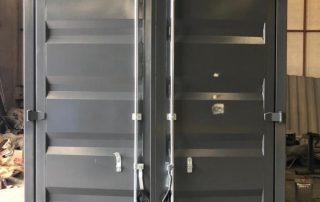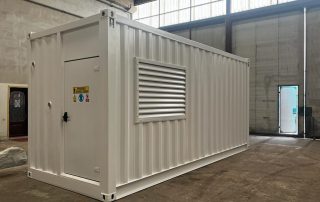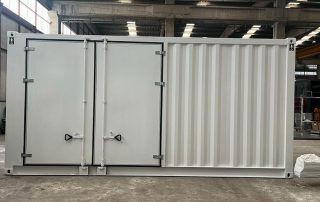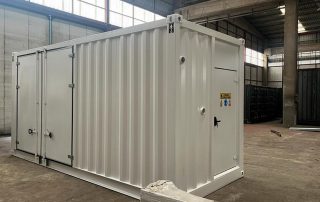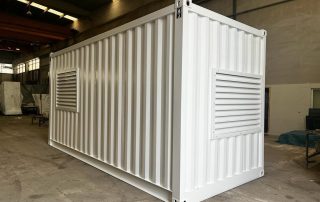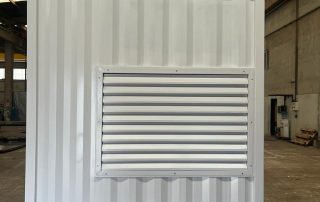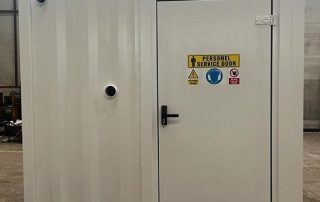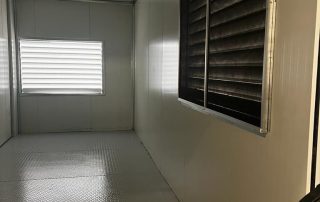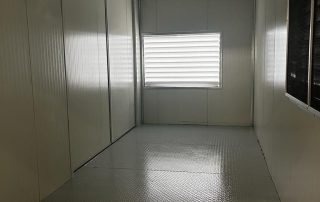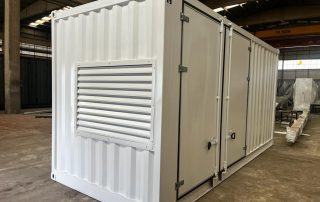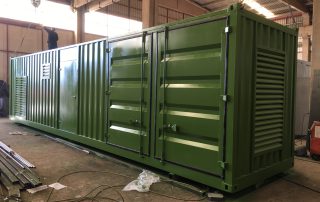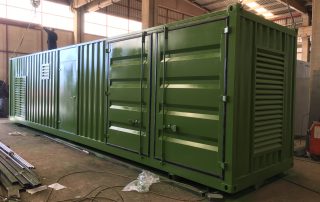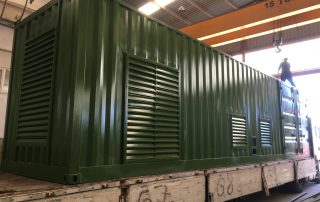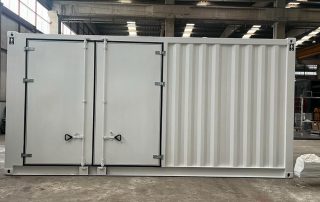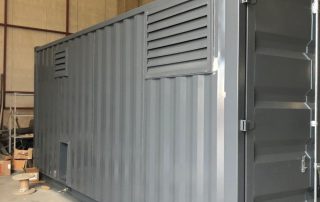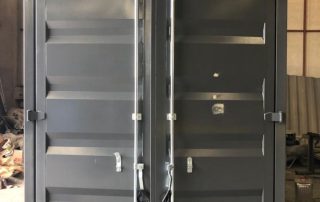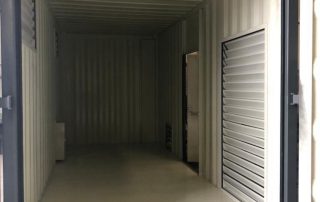Compressor Containers: Your Complete Guide to On-Site Compression Solutions
Why Compressor Containers Are Revolutionizing Industrial Operations
Compressor containers have emerged as revolutionary portable, high-capacity air compression solutions in the fast-paced industrial sector of today. These portable, all-in-one systems combine heavy-duty compressors with rugged containerized enclosures to deliver reliable compressed air wherever and whenever it is needed – from remote building sites to offshore drilling platforms.
Advantages of Compressor Container Systems
✔ Plug-and-play mobility – Simply plug in and operate upon delivery
✔ Weather protection – Enclosed steel construction
✔ Space maximization – Powerful compact footprint
✔ Energy efficiency – Sophisticated variable speed drive options
✔ Low maintenance – Simple access for service and repair
Industries That Rely on Compressor Containers:
Oil & gas (drilling and pipeline operations)
Mining (remote site operations)
Construction (tunnel boring and pneumatic tools)
Manufacturing (interim production facilities)
Emergency services (disaster recovery operations)
3 Main Types of Compressor Containers
1. Standard ISO Container Compressors
Capacity: 100-900 CFM
Pressure: 100-350 PSI
Best for: General industrial application
Features:10ft, 20ft or 40ft standard ISO dimensions
Forklift pockets for easy transportation
Soundproofed for noise abatement
2. Offshore/Marine Compressor Containers
Capacity: 500-2000 CFM
Pressure: 300-500 PSI
Best for: Marine and oil rig applications
Special Features:
Explosion-proof electric systems
Saltwater-resistant coatings
Motion-stabilized mounting
3. High-Pressure Breathing Air Containers
Capacity: 50-300 CFM
Pressure: 3000-6000 PSI
Best for: Diving operations and fire departments
Critical Components:
Multi-stage filtration systems
Air purity monitoring
Redundant backup systems
Must-Have Features in Modern Compressor Containers
When buying compressor containers, look for these main features:
Variable Frequency Drives – energy savings up to 35%
Integrated Dryers – eliminating water for clean air
Remote Monitoring – monitoring in real-time
Modular Design – easy replacement of components
Corrosion Protection – epoxy coatings in harsh environments
Maintenance Hints for Top Performance
Daily: Check oil level and air filters
Weekly: Inspect hoses and fittings
Monthly: Check safety valves and controls
Annually: Professional system overhaul
As Needed: Reapply protective coatings
The Future of Containerized Compression
New emerging innovations are:
AI-enabled predictive maintenance
Hybrid electric-diesel power trains
Self-diagnosing intelligent containers
Modular “stackable” compressor modules
How to Select the Right Compressor Container
Take these considerations:
Air demand (CFM requirements)
Pressure requirements (PSI range)
Availability of power source (electric vs diesel)
Environmental extremes (temperature ranges)
Mobility needs (frequency of moving)
Pro Tip: Always select 10-15% more capacity for future needs.
Contact us today for a customized container solution to your industry’s largest challenges!
